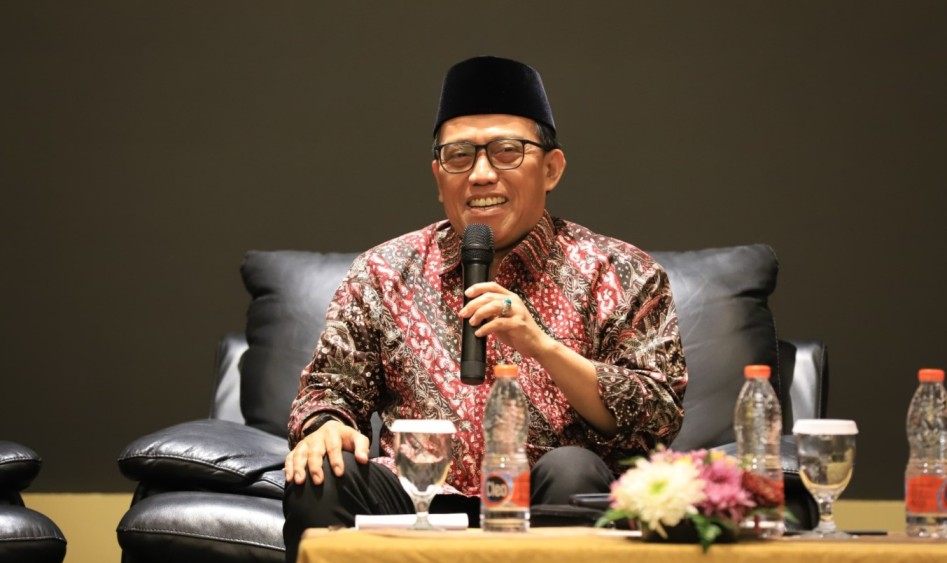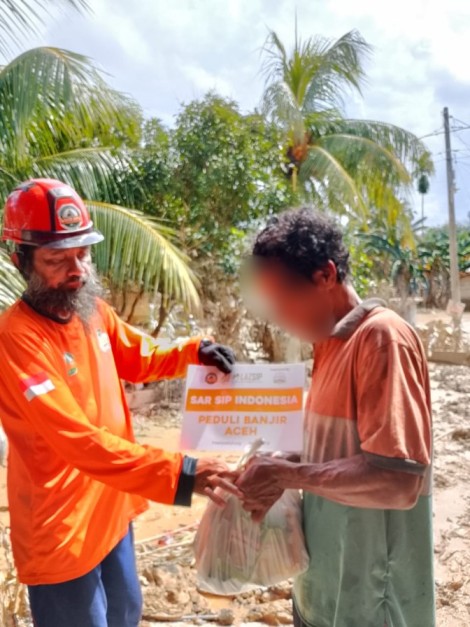Halal Fair 2024 in Jakarta enhances faith through family education, Muslim women’s roles

The Halal Fair 2024 in Jakarta will be an exhibition that displays various Indonesia’s halal products, and also accommodate trends in society.
Jakarta (Indonesia Window) – The Halal Fair 2024 which be held on August 9-11 at Balai Kartini convention center in Jakarta will respond to actual phenomena by presenting Islamic solution programs with efforts to strengthen the faith through family education, and the role of Muslim women as the foundation of national civilization.
“The Halal Fair 2024 in Jakarta will be held for the fourth time. From different events, we saw that 70 percent of visitors were women,” the event organizer, WPCitra’s Project Director, Satrio Sukur, told a press conference here on Tuesday (July 23).
Seeing that figure, he continued, it is expected that not only will the Halal Fair 2024 in Jakarta be an exhibition displaying various Indonesia’s halal products, and can also accommodate trends in society.
“At this Halal Fair, we are collaborating with the Khadeejah Center, holding a number of sharing programs specifically for Muslim women, which will discuss mental health issues and provide opportunities for visitors to consult directly with experts. Apart from that, for those who want to deepen their business and practice business in accordance with the guidance of the Prophet (peace be upon him), can also take part in a series of free talk shows and workshops during the exhibition,” Satrio explained.
Halal Fair will also collaborate with RIHLA in a seminar discussing aspects of life from Islamic perspectives, delivered by Sheikh Abdurrahman Zahier.
Even though halal events in Indonesia have become increasingly popular in recent years, Satro said, “Indonesia’s challenge to become the world’s halal center is increasingly complex. It’s not just about spurring sharia economic growth and halal business, but more than that, strengthening the faith which in fact drives the economy must be given full attention.”
Through the Halal Fair, he added, “we want to be part of the solution to the problems of the people, a place for mutual learning, sharing, networking and working together to strengthen faith while advancing the sharia economy and business in society.
Satrio Sukur also highlighted the phenomenon currently being experienced, especially by young people, who are recently vulnerable to depression and high levels of anxiety, even though they were born in an era of economic and technological prosperity.
“The upcoming event also talks about the way to build the moral mentality of the younger generation so that they are ready to face rapid and dynamic changes. It is one of a series of topics discussed in Halal Talks with Muslim scholars,” Satrio said.
Making ‘family education and the role of Muslim women’ the core theme, Halal Fair 2024 will present 136 exhibitors from 117 brands covering various business categories including sharia banking and finance, halal beauty, hajj-umrah tour & travel, fashion, education, culinary, as well as other multi-products.
With new programs and an increasingly varied choice of products offered by exhibitors at special prices, Satrio Sukur is optimistic that the 2024 Halal Fair would attract as many as 35,000 visitors to the three-day event.
Sharia economics
On the same occasion, chairman of the Jakarta Sharia Economic Community (MES), Rachmat Anggara, said that even though Indonesia has the largest Muslim population in the world, with more than 85 percent of the population being Muslims, the contribution of the sharia economy in the country is still at 12 percent.
“The sharia economy continues to grow, by 30 percent from the previous year, so there are still many opportunities for suppliers and traders, as well as Muslim buyers to build a sharia economic ecosystem,” he said.
Regarding efforts to grow and develop the sharia economy, Rachmat appreciates WPCitra’s commitment to consistently holding Halal Fair events since 2019 and always creating interesting program innovations.
According to him, this step is a strategic effort that must continue to get supports to increase sharia economic literacy as well as encourage the full potential of the Muslim Ummah in a bid to improve community welfare.
“Sharia is not an option, but has become a necessity and priority. Synergy and collaboration among institutions and related parties such as event organizers, business actors, various communities are the keys to success. “By utilizing existing potential and resources, we can accelerate inclusive and sustainable sharia economic growth,” Rachmat stressed.
He is optimistic that the Halal Fair 2024 would become a driving force and inspiration for the development of the sharia economy in Indonesia, in accordance with its motto ‘The Most Inspiring Halal Event’, as well as being able to expand its market at the global level by becoming an international halal event.
Reporting by Indonesia Window

.jpg)








